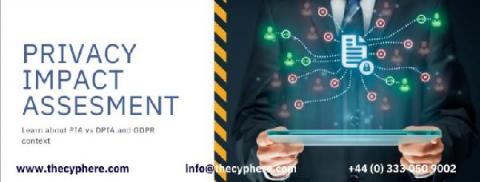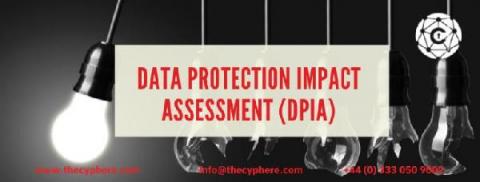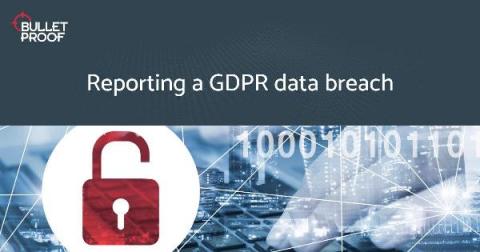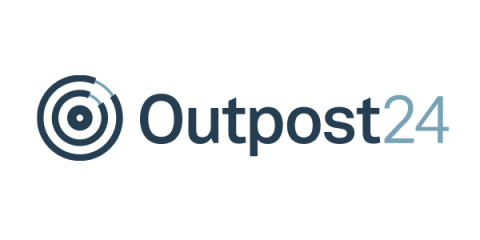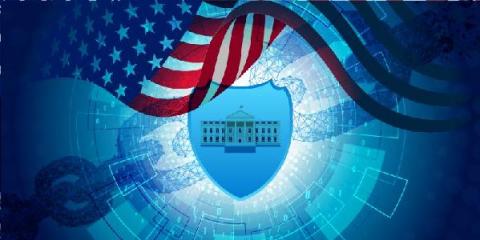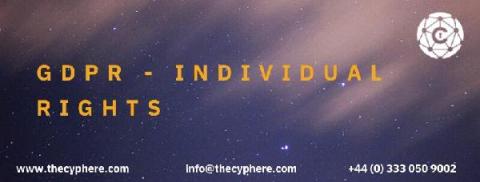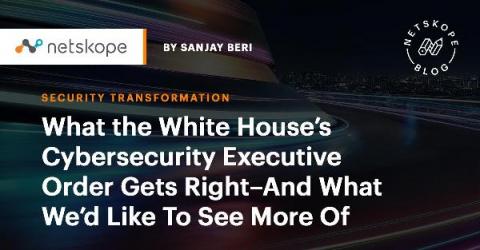Privacy Impact Assessment - PIA vs DPIA (GDPR)
Before GDPR, PIA (Privacy Impact Assessment) were a thing. This topic is around privacy impact assessment, its purpose, PIA vs DPIA and includes the underlying context of GDPR compliance. The monotony has been changed since the General Data Protection Regulation (GDPR) came into existence; it has significantly changed the concept of data privacy and security.


